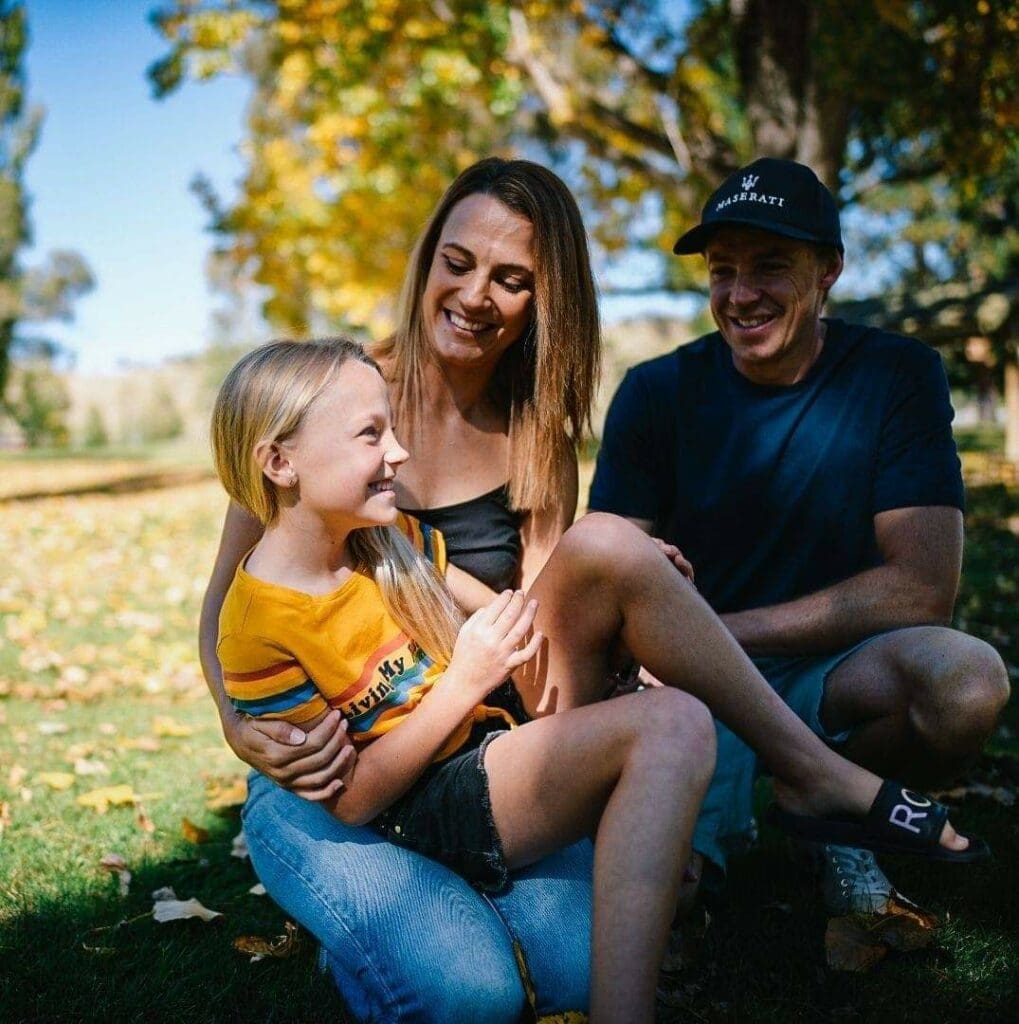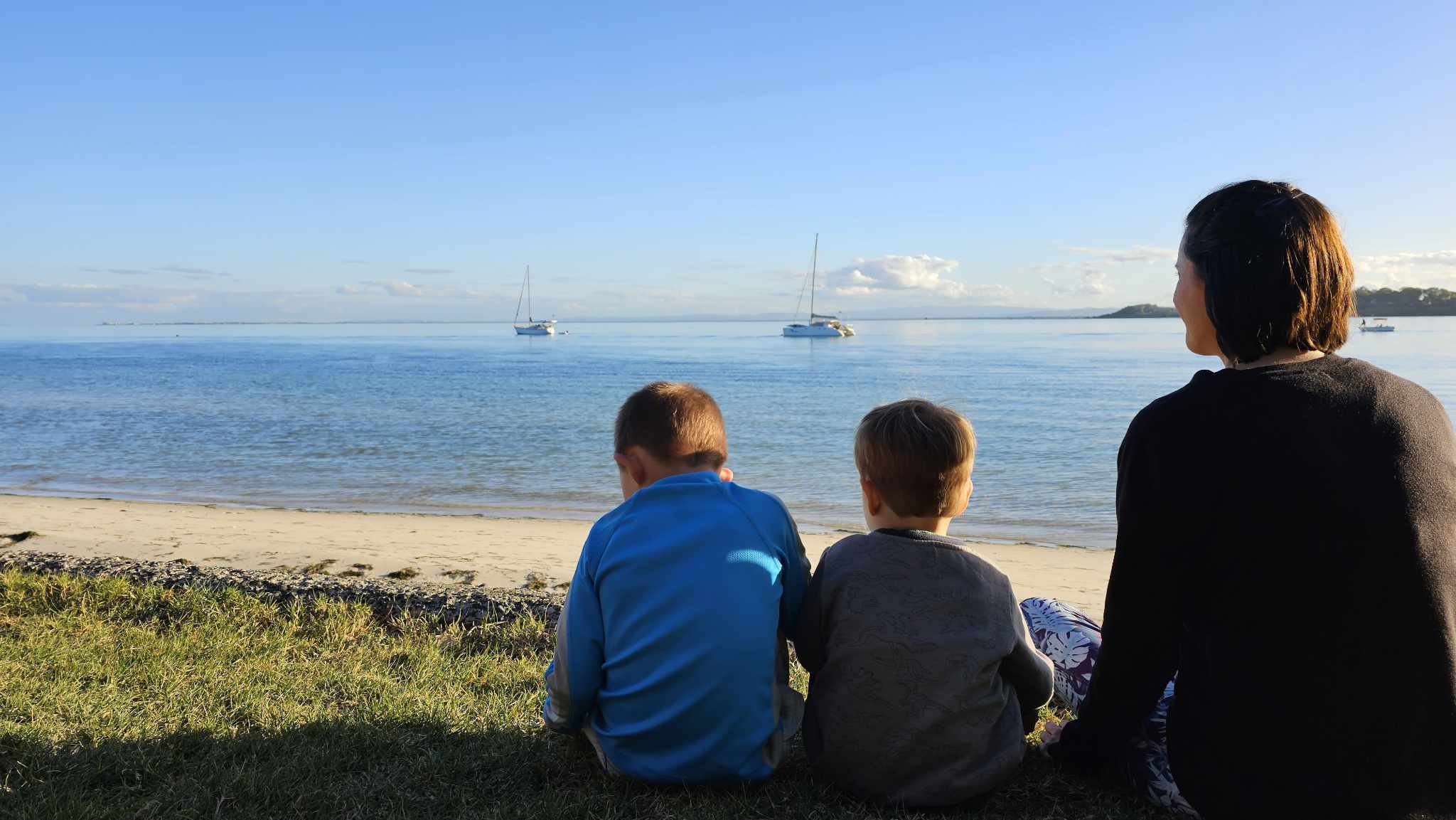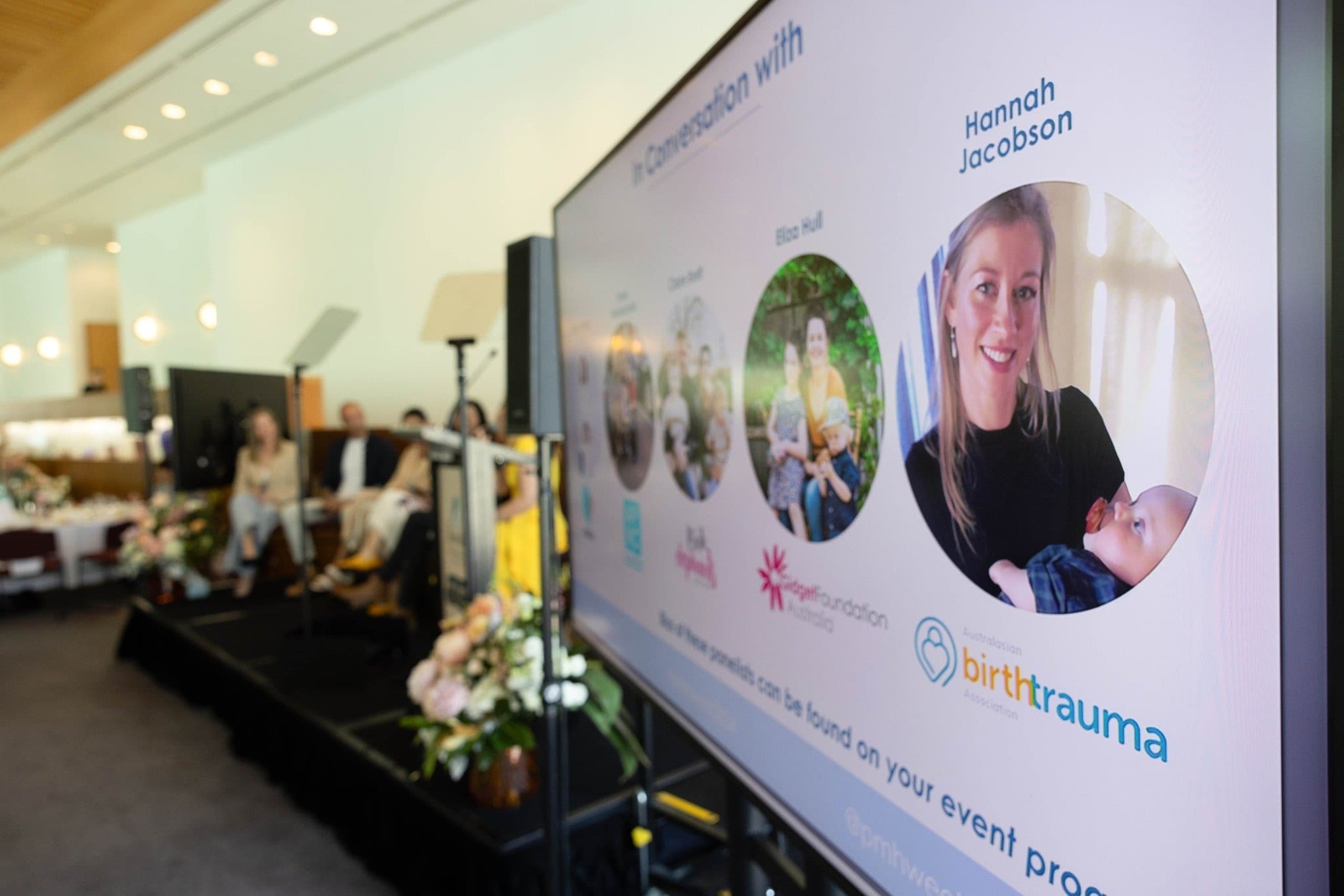I love a good birth story, however recently I have been thinking deeply about the trauma mothers and partners can carry beyond birth. For Perinatal Mental Health Week, I sat down with my friend Jo to talk about her experience of pregnancy, birth and HELLP syndrome. Almost 10 years later and still feeling a little uncomfortable, Jo tells me her story in full detail for the first time.
I share Jo’s story in the hope to raise awareness of HELLP Syndrome, to highlight the importance of preparing your mind and body for birth and surrounding yourself with a supportive team. We all have our own unique experience. This is Jo’s experience and hers alone. While reading this I remind you that each birth is unique. Not all birth conditions and complications will result in trauma.
WHAT IS HELLP SYDNROME?
H = Hemolysis, EL = Elevated Liver Enzymes, LP = Low platelet count.
HELLP Syndrome is a rare but life-threatening condition that occurs in less than 1% of pregnant women[1]. It usually occurs in the last trimester of pregnancy or within 48 hours of delivery. HELLP affects a woman’s liver, blood pressure and blood clotting. This syndrome is often mistaken for other common pregnancy ailments and illnesses due to its non-specific range of symptoms. These may include fatigue; swelling; nausea and vomiting; and pain in the upper right back/abdomen[2]. As 10–20% of women with pre-eclampsia develop HELLP syndrome, it has been suggested to be a severe form of pre-eclampsia; however, the exact cause is unknown and its relationship to pre-eclampsia is being challenged2. Jo was a fit and healthy 26-year-old and didn’t have any of the risk factors associated with HELLP, including being over 35 years, overweight and a history of hypertension[3].
Calm, honest & honest communication
“If someone says I look good today, I’m going to cry!”
Jo did not enjoy her pregnancy. To her it was long, and marred by nausea and pain, which started at 5 weeks and continued beyond birth. The so-called 12-week mark, when morning sickness ends, eluded her and Jo thought ‘this is just how it is’. Her new normal included chocolate milk for the heartburn; Panadol for the horrendous upper back pain; and overall, just feeling awful! Jo was confident in her new body and found some enjoyment dressing for a fuller figure.
As the pregnancy progressed, Jo mentioned her symptoms to the doctors and visited the Emergency Department numerous times for severe back pain. To her husband Ben’s amusement, a diagnosis of kidney stones had Jo trying, but failing, to scull 2 litres of salt water as prescribed. Despite the symptoms Jo exhibited, all tests and scans returned normal. Jo commented “No one seemed phased, I was still in pain but clearly it seemed normal”. Jo continued to work, thankful for her empathetic boss at the time.
At 36 weeks an unplanned visit to the hospital led to Jo being seen by a different obstetrician. After observing Jo’s symptoms more closely he became concerned. Her blood pressure was slightly elevated and she was told to stop work immediately. Things were not explained in detail but Ben and Jo were content going with the flow. It was their first baby and they didn’t know any different. Jo later realised this Obstetrician recently had a patient with HELLP Syndrome and was connecting the dots with her symptoms.
Jo was being monitored daily. All tests continued to return normal but Jo’s back pain was at its peak. At her 38-week check-up one midwife commented “OH MY GOD, you look terrible”. Never had Jo been so happy to be insulted! Relief, someone had finally noticed.
Things quickly escalated. Protein showed up in her urine and her blood pressure sky-rocketed. Jo needed to have the baby immediately via caesarean! Thankfully Jo’s birth plan was ‘get baby out’. Her local hospital was not equipped to handle the evolving emergency situation, so an ambulance rushed to Canberra in record time. Jo’s health was deteriorating and she had never been so thankful to have the ‘tell it how it is nurse’ by her side.
Psychological Trauma
The most intense and traumatising moment for Jo happened as she was giving birth. She had a ‘weird, really strange out-of-body experience’. Everything went purple and she saw herself laying on the bed and Ben next to her. She remembers giving herself a lecture in that moment, “Do not let him be a father on his own” “Do not die!” Was that her dying? How do you process a moment like that?
Jo spent 11 days in the hospital and when coming home couldn’t stop crying. Replaying the vision over and over in her head, Jo struggled to process what had happened. She was too afraid to tell anyone about her vision, having lost trust in doctors and nurses. Jo had a beautiful connection with her daughter, but frustration grew as nurses assumed she may not be feeling the love for her baby girl as ‘expected’ of a new mum. Although never diagnosed, Jo believes she had symptoms of Post-Traumatic Stress Disorder.
Finding the positives
During the experience Jo and Ben managed to find humour in difficult situations. Jo laughs as she retells a story about Ben. Looking extra skinny after days of no sleep and hospital food, and with a smile, surgical gloves on and breast pump under his arm, Ben burst into the room to exclaim “I’m ready!”, but to his horror it was the wrong room! Jo is thankful for the special connection formed with her Mums & Bubs group. Reluctant to attend, her best friend Jen strongly encouraged her to go. In this group she found new friends and support. This group of mums still make the effort to regularly catch up for dinner, drinks and a debrief.
Jo is forever thankful HELLP affected her and not her daughter. Jo has quietly built resilience as a result of dealing with the events of her birth. She feels at peace and has the wisdom to not sweat the small stuff. Finding a love for CrossFit has reinforced Jo’s belief in a ‘strong body, strong mind’.
Jo knows everyone has a unique birth experience. For Jo, her journey to motherhood had some bumps along the way. In the end, Jo says she wouldn’t change a thing. All her experiences have helped shape who she is today; happy, healthy and brave enough to share her story to help others.
Jo & Ben’s advice to others
“When are you having another one? Don’t ask!”
- Let parents absorb what has just happened without the pressure to answer tough questions. So did Jo and Ben, go round two? To put this question to rest, Jo and Ben are happy as a family of three. The risks are too high to have another baby.
- Trust your instincts. You know your own body and keep searching for answers if something doesn’t seem right.
- Prepare yourself for the unexpected. Jo believes that we need to have greater awareness of what can go wrong without taking away the joy. Prepare yourself for the possibility of delivering at an unfamiliar hospital and what this means when it comes to returning home, such as the logistics of travelling a long distance with your newborn baby.
- Ben encourages men to become more aware of complications and how to support their partner. ‘Especially when it comes to dealing with trauma, picking up the pieces, watching your partner struggle and identifying when they need help.’
- Jo recovered in her own way and didn’t seek professional support. However, she strongly advocates for others to seek help and talk to someone if they are struggling after birth.
Where to find help and support
Visit the Australasian Birth Trauma Association website for more education, support and current research. There are a range of Peer2Peer support groups and resources available for anyone needing to discuss their birth experience. This includes fathers, partners, family and friends. If you have experienced birth trauma and would like to help others there are opportunities to volunteer and become a Peer2Peer mentor.
– Written by Jaclyn Bottom
Wilmon, 2022. https://www.bellybelly.com.au/pregnancy/hellp-syndrome/
Khalid & Tonismae, 2022. HELLP Syndrome – StatPearls – NCBI Bookshelf (nih.gov)
MedlinePlus, 2022, HELLP syndrome: MedlinePlus Medical Encyclopedia




